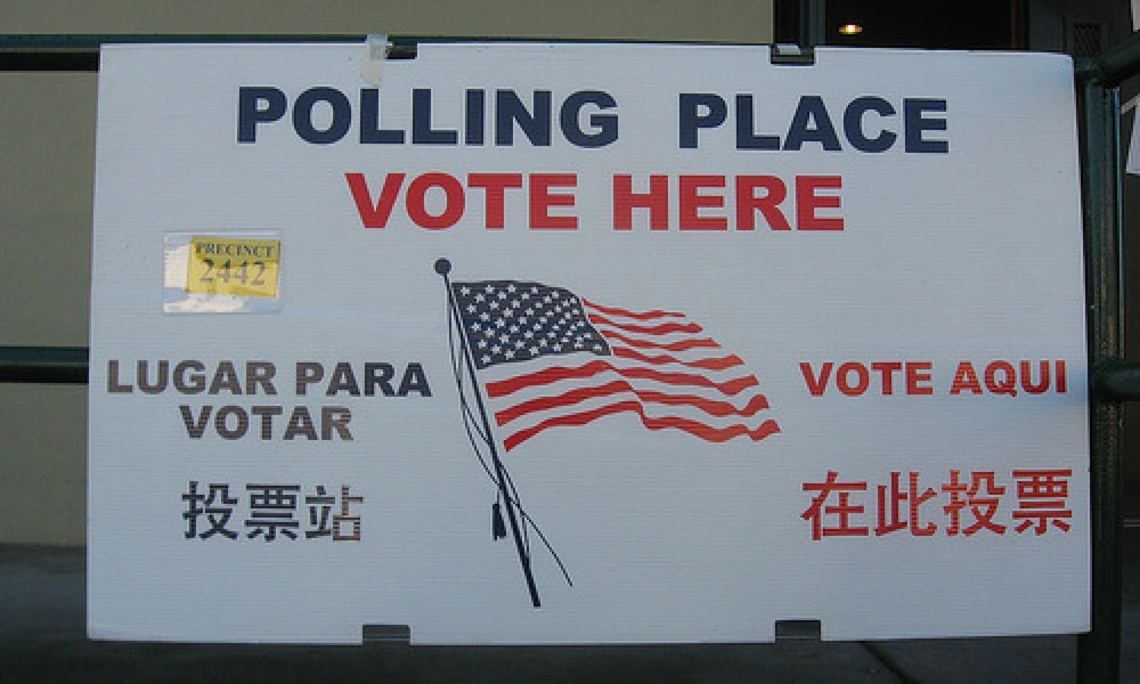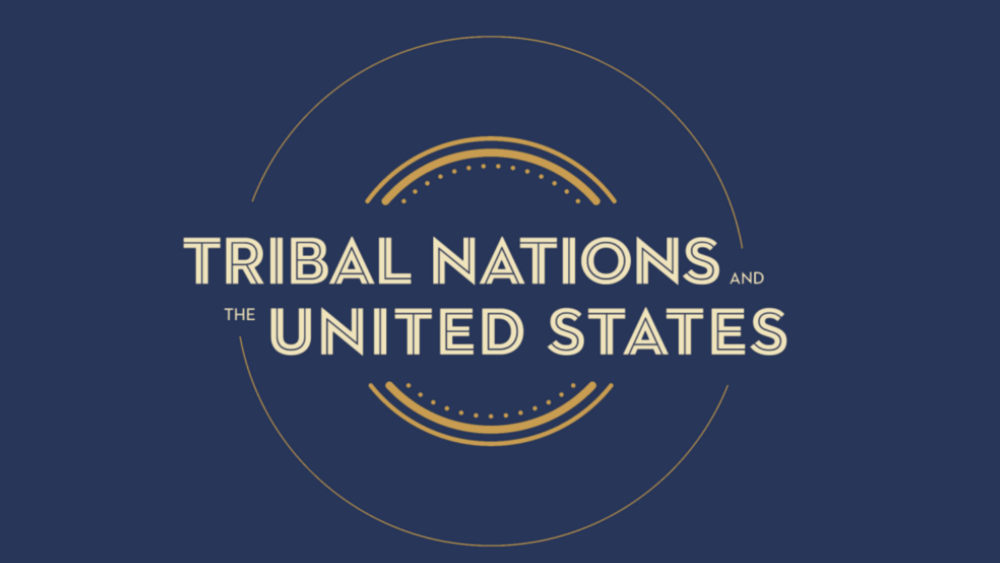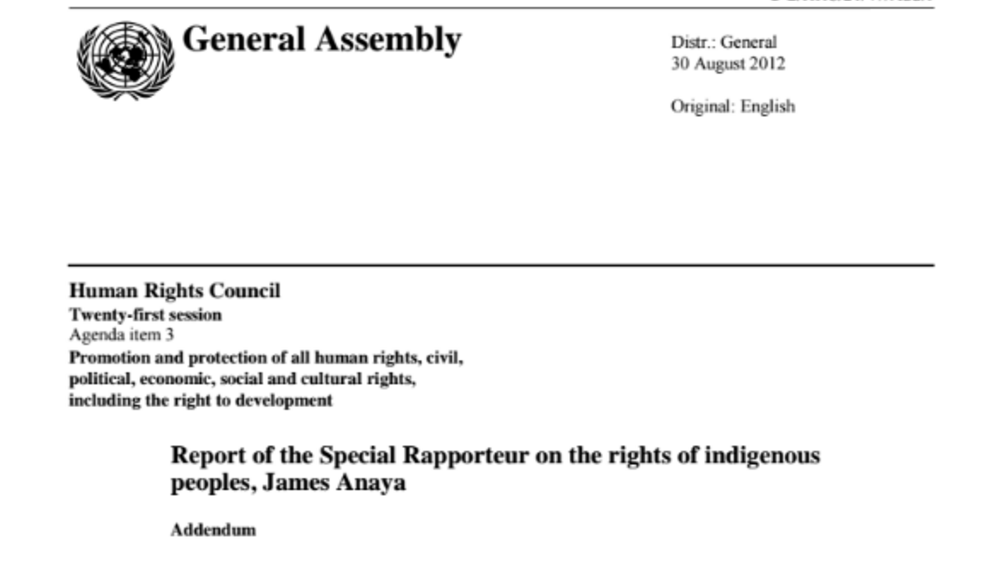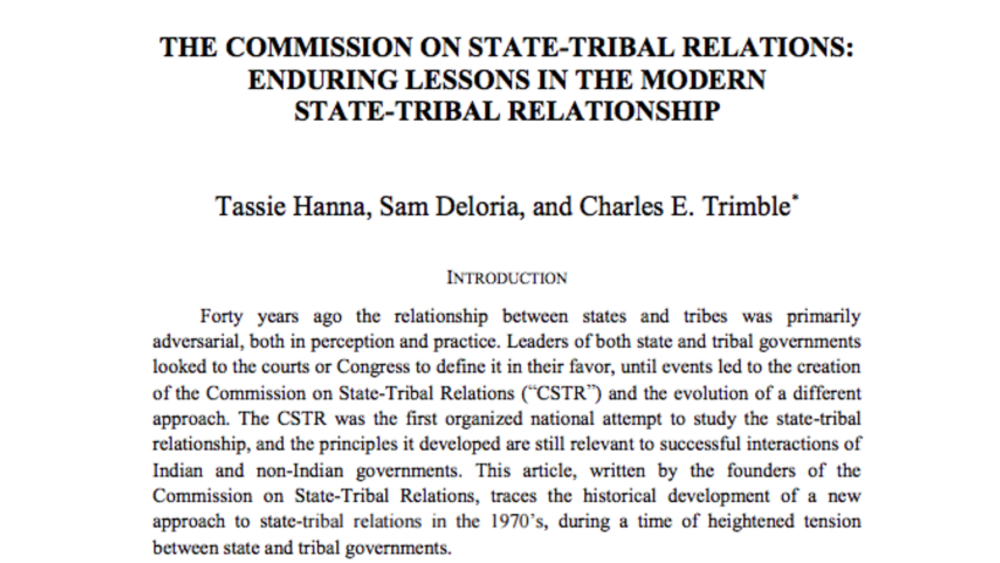Native Americans have never had an easy time getting to vote in South Dakota. In 1977, the state attorney general dismissed the Voting Rights Act as an “absurdity” and advised state officials to ignore the federal law. The state didn’t allow Native Americans into polling places until the 1940s, though federal law had given them the right to vote in 1924. In 2004, a judge stopped poll watchers from following Native Americans out of voting places and taking down their license-plate numbers. Through the years, Native Americans in South Dakota have filed more than 20 lawsuits over their right to vote. This month, members of the Oglala Sioux Tribe went to court. In the upcoming presidential balloting, tribal members will have only six days of early voting, when the rest of the state has 46 days to cast early ballots in the primary and general elections...
Additional Information
Woodard, Stephanie. "SD Indians Sue for Early Voting." 100 Reporters, February 2, 2012. Article. (http://100r.org/2012/01/south-dakota-indians-sue-for-early-voting/, accessed November 6, 2023).




